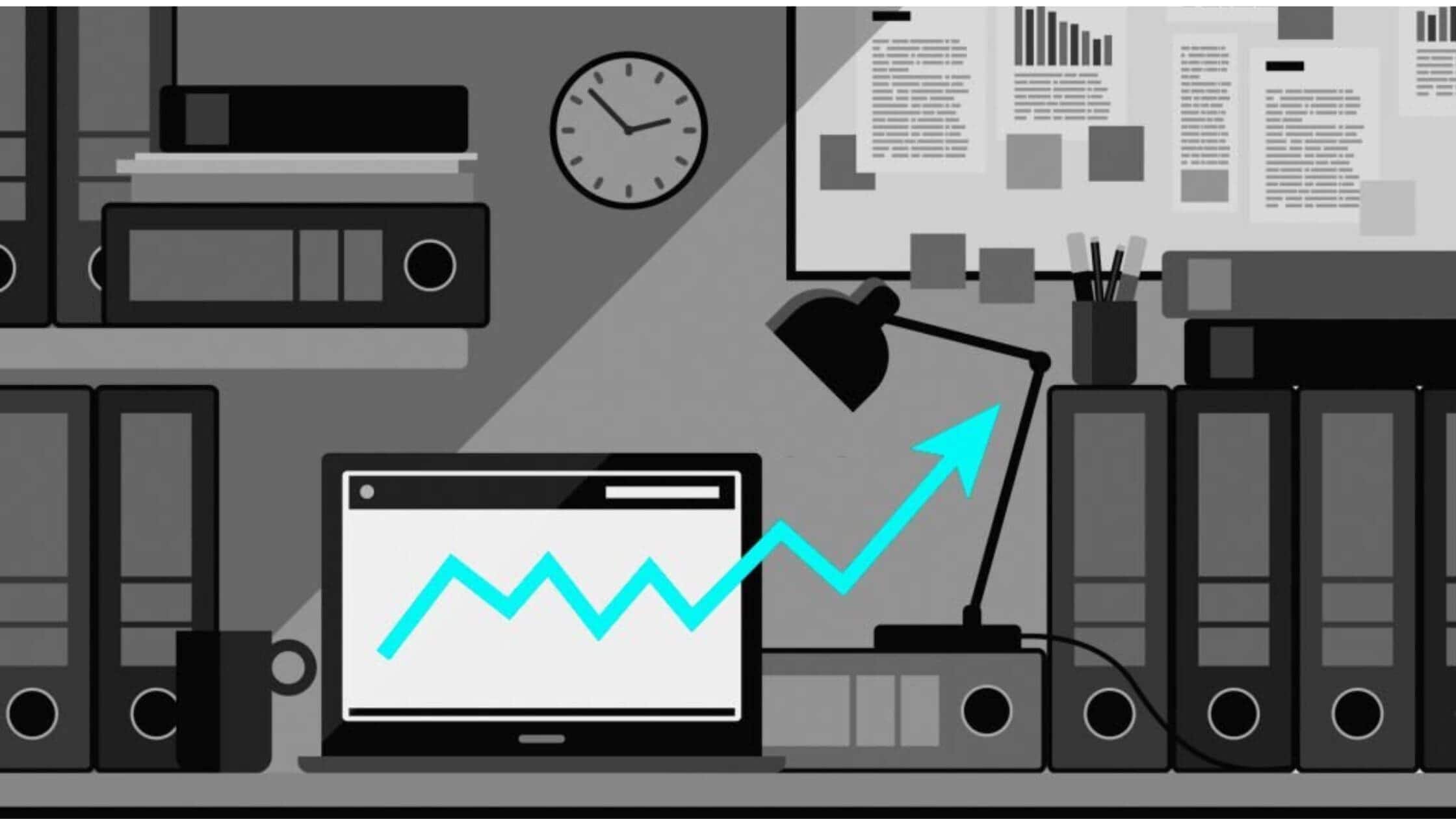

Are you looking for ways to optimize your business processes and improve overall efficiency? The LEAN methodology offers a set of powerful techniques that can help you achieve these goals. In this article, we will explore the eight essential LEAN techniques that every business should know to drive sustainable growth and success.
1. Value Stream Mapping
Value stream mapping is a LEAN technique used to visualize and analyze the flow of materials, information, and activities within a process. By identifying and eliminating non-value-added steps, organizations can streamline their processes, reduce waste, and improve overall efficiency.
2. 5S Methodology
The 5S methodology focuses on organizing the workplace for maximum efficiency and productivity. It consists of five principles: Sort, Set in Order, Shine, Standardize, and Sustain. Implementing these principles can help eliminate clutter, improve safety, and create a more organized work environment.
3. Kanban System
Kanban is a visual system that enables organizations to manage and control their work processes. It uses cards or other visual cues to represent tasks or work items and helps teams visualize their workflow, identify bottlenecks, and ensure a smooth and balanced production or service delivery.
4. Just-in-Time (JIT) Production
The Just-in-Time (JIT) production system aims to produce items or deliver services at the exact moment they are needed, minimizing inventory and reducing waste. By synchronizing production with customer demand, organizations can improve efficiency, reduce carrying costs, and enhance responsiveness.
5. Poka-Yoke
Poka-Yoke, also known as mistake-proofing, is a technique used to prevent errors or defects from occurring in the production or service delivery process. It involves implementing mechanisms or controls that make it nearly impossible for mistakes to happen, thus improving quality and reducing rework or waste.
6. Kaizen
Kaizen, meaning “continuous improvement” in Japanese, is a fundamental principle of LEAN. It encourages organizations to continuously seek and implement small, incremental improvements in all aspects of their operations. By fostering a culture of continuous learning and improvement, organizations can drive innovation and stay competitive.
7. Total Productive Maintenance (TPM)
Total Productive Maintenance (TPM) aims to maximize the operational efficiency of equipment and machinery. It involves proactive maintenance practices, employee involvement, and a focus on minimizing equipment downtime and improving overall equipment effectiveness (OEE).
8. Six Sigma
Six Sigma is a data-driven methodology focused on reducing defects and variations in processes. It employs statistical analysis and problem-solving techniques to identify and eliminate root causes of errors, leading to improved quality, customer satisfaction, and process efficiency.
By understanding and implementing these eight essential LEAN techniques, businesses can streamline their processes, reduce waste, improve efficiency, and drive sustainable growth. Embracing LEAN principles can transform organizations into more agile, productive, and customer-focused entities.
Sign-up for a Brain Sensei Free Preview! Our free 7-day previews offer you a glimpse into the resources, teaching methods, and content you can expect from our full exam prep courses, exam simulators and PDU bundles. Fill out the form below and you’ll receive an email with your login details. You’ll get exclusive access to select modules, and get a tantalizing preview of the full content.
Have you led projects and are looking to earn a project management certification? You might be interested in learning about how lucrative this can be. Check out these articles.
13 PMP Benefits Once You Get The PMP Certification
No experience leading projects but still want to get into project management? No problem! Check out these articles.
CAPM Certification Eligibility
What is a Certified Project Manager; How do I get PM Certifications


